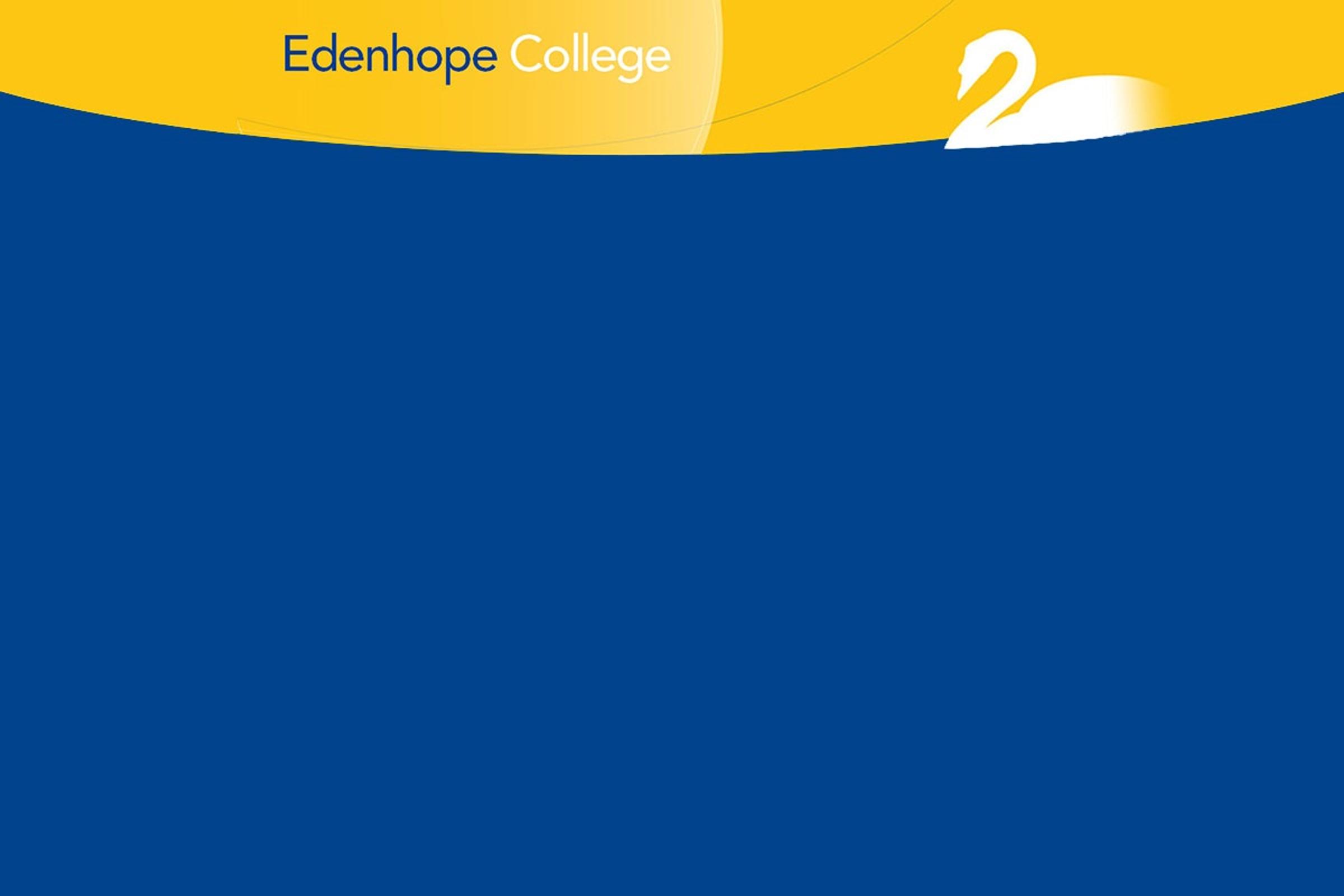Principal's Report

There’s been a lot of talk around the school and in the community about discipline at the College. I’d like to take this opportunity to address some of these concerns. Maybe I can challenge some of your assumptions about discipline and even hope that you might think a bit differently about our ways of approaching this area at the College.
Although it’s obvious that the modern usage of the word ‘discipline’ refers to training students to obey rules, and punishing or rebuking those who don’t, the original meaning of the word, derived from Latin, was simply to teach, or to instruct.
Creating rules is an important part of forming a successful community. This is the reason of course that we have laws. Many laws, and rules in school, deal with physical safety, and those rules will always have a place in our school. However, rules don’t actually educate. A rule can only ever tell us what we shouldn’t do – it never explains what we should do. It never gives us a more appropriate way to behave.
I’d like to think that, especially with our new School wide Positive Behaviour Support (SWPBS) framework, that instruction, teaching, redirecting, and educating about the appropriate ways to behave is far more powerful and important (and far more related to my role, and that of my colleagues, as educators) than simply setting rules and dishing out punishment to those who haven’t yet learnt this appropriate way.
When a teacher (or a parent for that matter) sets a rule, and then punishes a student for breaking that rule, they make a number of assumptions that may or may not be true at the time.
Firstly, we assume that the student (or child) is making a logical and rational choice. That is, we assume that they have full control over their actions and their decisions. However, we know also that child development is variable, and even the average human brain is unable to consistently make rational/logic based decisions until late adolescence at least. I ask you, have you ever made a rash decision that you regret in the heat of an emotional moment? Have you ever made a decision based on incomplete or mistaken knowledge of a situation? I have (many times!) and I know that natural consequences (i.e. having to fix what I’ve done wrong) is far more powerful than being arbitrarily punished by someone else for that behaviour. Punishing a bad choice doesn’t teach us how to make a better choice.
Secondly, we assume that the student (or child) knows ‘the right way to behave’. This assumption assumes that students have been taught behaviour already. But if the school expects that you (as parents) have taught the child, and you expect that we have taught them, then what if nobody has taught the student any appropriate behaviours at all? Who do we blame? The student? Are we going to punish them for not knowing something that we have failed to teach them? Do you want teachers to start punishing students for poor results, bad marks, for not learning their times tables? Of course not.
Finally, when we punish, we assume that as a strategy it will actually work. Well, in perhaps one or two cases it might. If, for example, we can say with absolute certainty that a) the student was making a deliberate, rational choice and b) that they have been taught the appropriate way to behave, then, yes, we can assume that punishment might have an effect. But these cases are actually very rare. In fact evidence has conclusively proven that punishment is more likely:
- To fail to promote desirable behaviours.
- To encourage and model aggressive antisocial behaviour
- To promote injustice, and to deliberately distort the idea of fairness in the eyes of students
- To destroy relationships between the teacher and the student, when we know that it is the relationship here that is most crucial to student learning.
- To eventually cease to be punishing.
- In the end, to completely fail to meet the needs of the student in question.
So yes (to answer any questions out in the community), at Edenhope College we are still focusing on discipline - not on the modern version of the word - but instead in its traditional form. We aim to teach behaviour, to give students the opportunity to make mistakes and to learn better ways of resolving issues they may have with themselves, their teachers and their peers. Will we still have behavioural concerns? Yes, of course, because all students are different. But we will meet their different needs that same way we do in the class room, with an approach that is respectful and educative.
Edenhope College should not be a place where punitive responses to behavioural issues are the norm, and nor will it be in the near future. The Leadership Team at the College, and the majority of staff, have agreed that this school needs to take a positive approach to relationship building, behavioural instruction and restorative practice. Positive Behaviour Support is about education, not punishment. It is about developing positive and productive relationships (an area in which our students have already told us in which we are improving) in the classroom as a more effective means of curbing inappropriate behaviour. It has a proven track record across many western nations, and in many Victorian schools.
If you want students to be punished; if you believe that a student should be punished instead of taught, that we should ignore the range of emotional and mental problems that our students (just like the rest of the community) have to deal with in their ever changing and developing lives, then come along to one of our SWPBS meetings and see if we can’t change your mind.
If you want your child to develop into an adult that understands the appropriate way to behave, has made mistakes but has had the opportunity to learn from them and do better, and who enjoys school because he or she no longer has a fear of the results of doing ‘the wrong thing’ in a place where learning is the key focus, then hopefully you’ll see that we all have the same aim in the end.
Jon Neall – 21 September 2018
